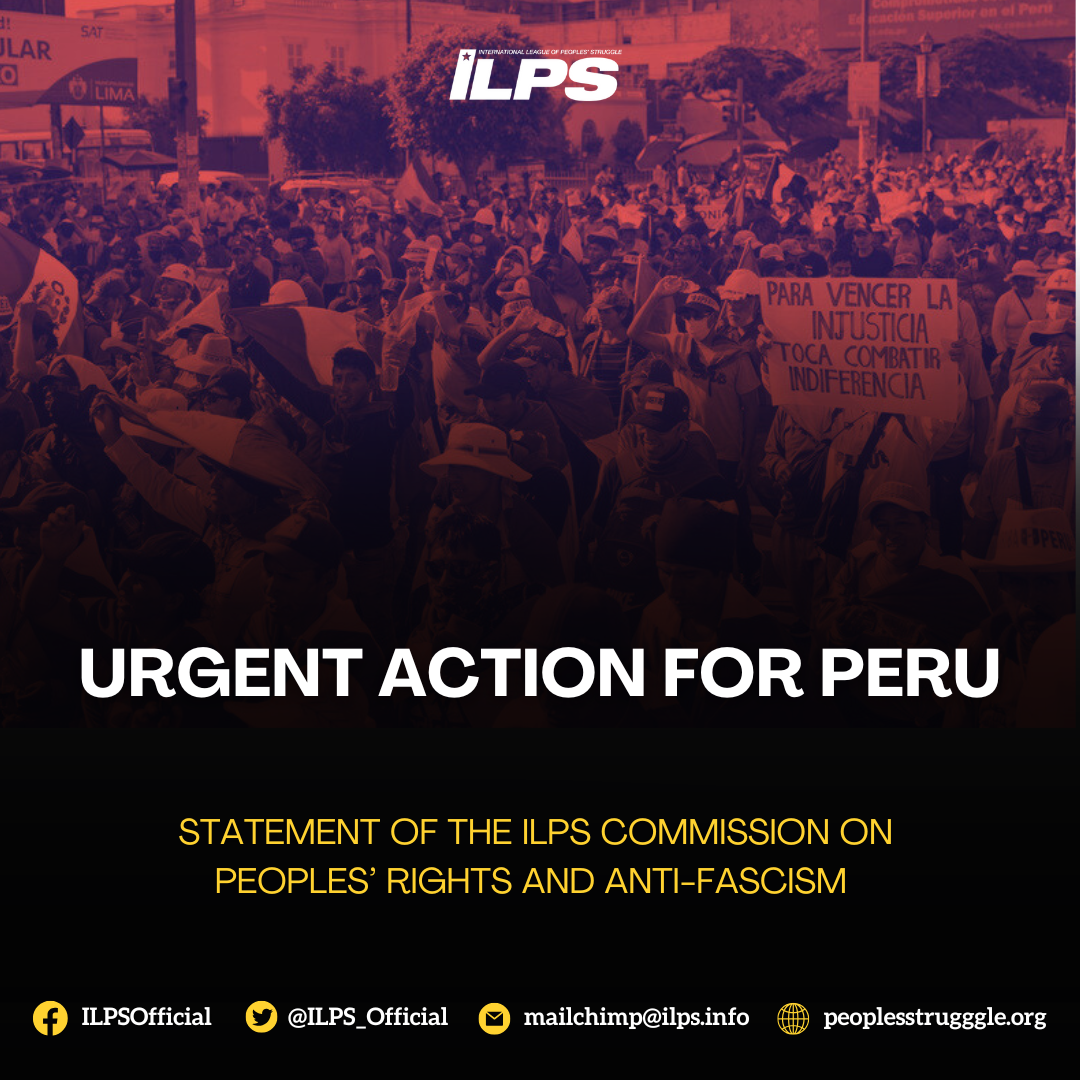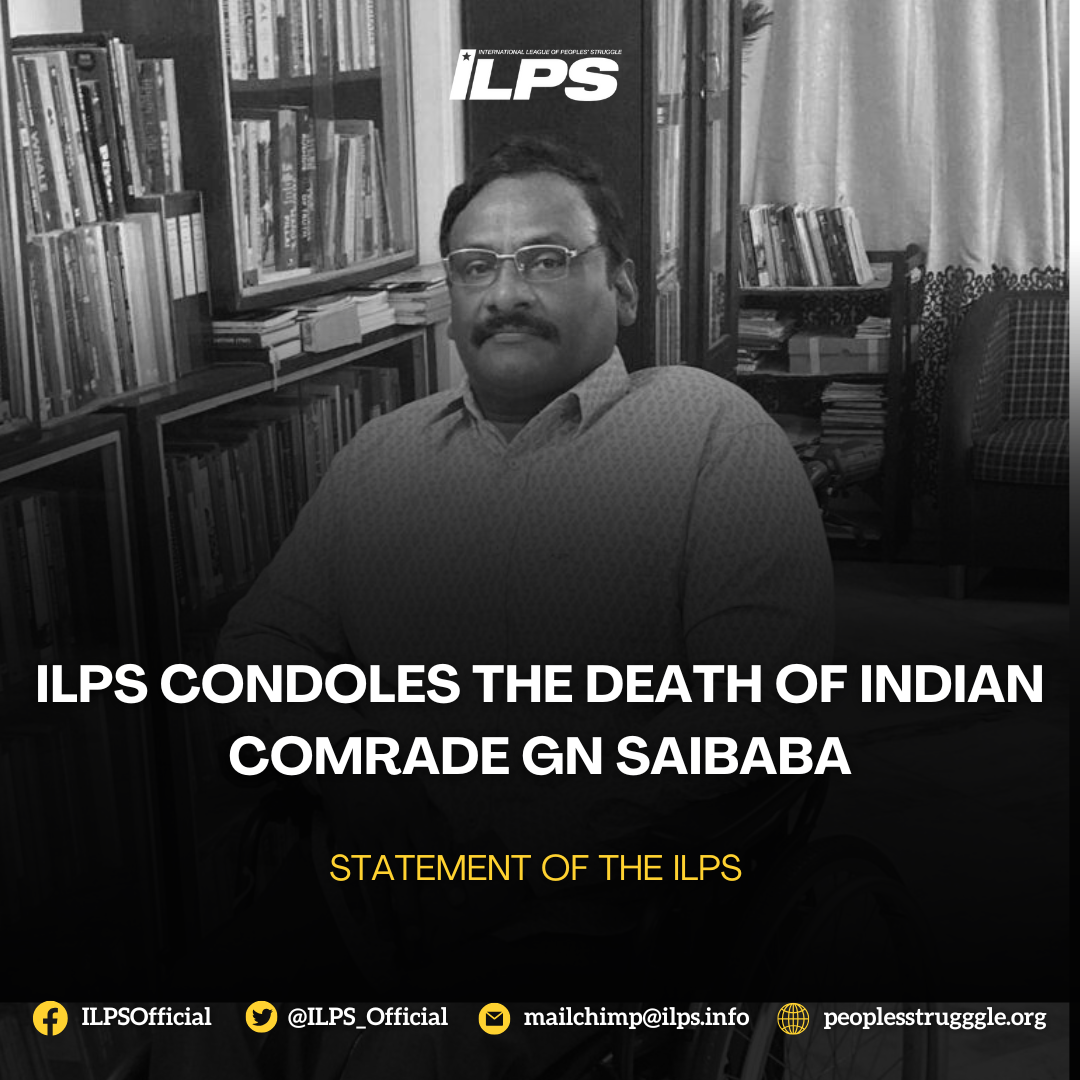In all the countries that make up the Latin American region, confinement has increased aggression against women and femicide. The numbers of women and children who have been raped and murdered show an accelerated increase. Violence has exploded alongside social differences of an economic, health, food, labour, housing and legal nature, in terms of state assistance and containment, in terms of interventions both in rural areas and in large cities.
Latin America and the Caribbean is one of the regions with the highest rates of gender violence and femicide. And this is not by chance if we understand that in its territories, the majority of the population is submerged in poverty and marginalization, excluded from almost all development and inclusion policies, within the framework of the economy of underdevelopment and regional dependent capitalism and where women play a preponderant role when it comes to having to solve within their family nuclei, how to emotionally and nutritionally sustain those who compose them.
In Argentina, 67% of femicides are perpetrated by cohabitants, taking into account the serious housing problem in which we are immersed, where two or more families, including grandmothers or other relatives, can live together in one house. This also visualizes that within the cohabitation bond there are many women who, not having alternatives of where to stay, are exposed to having to depend on a “roof”, exposing themselves to numerous types of aggressions, forced to live with their aggressor.
In legal terms, there is no serious state statistic that records the hundreds of cases of consummated femicide, those that derive from complaints or previous judicial proceedings only reach 20%. This can be explained by the fact that the legal procedures are neither equitable nor selective with respect to the emergency when it comes to making a complaint, nor do they offer immediate solutions, such as places to house and protect women who are asking for urgent help. Women are also mistreated when they come to make a complaint, or when they arrive at health centers injured. The macho character of society is installed in the subjectivity of the whole population and is indolently reaffirmed in different ways by the mass media, which take femicides as part of their media show.
Governments rethink the budgetary items to deal with increasing gender violence, but most of the administrations fall in the typical bureaucratism and bourgeois formalism when it comes to meeting popular needs, giving air to the macho-fascist wave, implementing half-hearted policies, violating the same laws that the parliaments voted.
In Argentina, since the beginning of the pandemic, femicides have reached 45 -every 29 hours a woman is killed- rising to 108 so far this year, with an escalation of them triggered by the extension of the quarantine impossible to register daily. Many of these femicides are carried out in front of the children and in some cases they were also killed themselves.
The absence of specific national agencies that have stopped registering and dealing with the serious situation is remarkable, with some not even operating their websites. The protocol for dealing with this type of violence recommended by the public prosecutors’ offices such as prioritizing the framework of actions for emergency action before the COVID-19 and the regulations imposed by the decrees of necessity issued by the presidency, and subordinating all actions to a general framework, does not resolve the exclusion of the violent, loses specific effectiveness in dealing with violence and prevents the necessary transfer of victims to adequately equipped places since the only thing guaranteed is permanence in the homes and non-circulation. In addition, the telephone lines and other forms of contact for official intervention are overcrowded, understaffed, or are immersed in the framework of general health care and control measures for the pandemic.
There is a lack of homes exclusively for the protection of women and their children. There is a rearrangement and supply of beds to receive the patients of COVID-19, and hospitals are set up for this purpose, but they do not provide houses or shelters, or resolve to have spaces that do not function as educational institutions or, in the private sector, hotels and complexes that do not function. The reality, with its figures, makes it clear that femicides constitute a pandemic within the pandemic, which governments and many do not want to talk about.
Latin America registered some 3,800 femicides in 2019 according to preliminary figures, an increase of 8% over the previous year according to the Gender Equality Observatory of the ECLAC; in the context of the pandemic, in Brazil 5 women die every day and the reports of gender violence increased by 30%. In Chile, 4 murders and the number of calls rose to 500%! In Mexico – at the top of the sad historical list of gender violence and femicides – more than 200 cases were reported, mostly of girls, and a 60% increase in calls for help. Being a situation that is replicated in most countries, every hour in Latin America, two women are killed.
The context of this particular violence -which begins within the family but at the same time reinforces and provides a necessary continuity in the society germinated by the State- is a historicity without a pro-women intervention, in tune with the macho-fascist bases of those who govern us and their political manifestations in the framework of the class struggle. Thus, the murder of women linked to a dimension referring to gender in general, or linked to their quality as activist, leader, representative or symbol in the different struggles and scenarios, and is perpetrated under the action or inaction of state power, constitutes a crime of another character: femicide. In Chile we remember the case of Daniela Carrasco, the “mime” who was arrested, tortured, raped, murdered and then hung from the bars of a square, with the clear sense of intimidating social protest and in particular those expressions of women who take preponderance and an active, rebellious and central role in the street struggle.
In Brazil, the case of the councilwoman Marielle Franco, as a black woman and “favelada” (inhabitant of extremely poor neighborhoods) who was riddled with bullets by hitmen in a liberated area, and where the police of Sao Paulo is held responsible, is clearly both a femicide and a political crime. In Bolivia, the case of Juana Quispe, a native woman, also elected as a councilwoman, repudiated by her peers in politics and who, even knowing the threats against her, did not give up the fight until she took office: three days later she was found murdered at the edge of a ravine. In Honduras, the assassination of Berta Cáceres, for defending the environment, and the subsequent murder of her colleague Lesbia Yaneth, also a leader in the same struggle, are linked to political interests between the State and the corporations, against the needs of the people.
In Argentina, violations, subsequent mistreatment and also murders of women, carried out by members of the security forces and the army, are proliferating within the framework of the general increase in human rights violations against the population, under the conditions of restrictions due to the pandemic. Similarly, there is still absolute impunity for the abuses of political power accused of serious crimes against women, such as the case of the current Governor of Tucumán, who was accused of repeated violations followed by threats and mistreatment of his niece, who continues to exercise her mandate to this day.
We want to make it clear that all femicide is directly linked to policies that are linked to those who govern under their responsibility and who are part of a growing wave of a proto-state fascism who, disguised as a lamb, believe themselves to be granting a kind of “privilege” or special attention to droppers, which in reality the women’s movement itself has gained in many painful years through its struggle and in the streets.
The situation that our women are going through today is of a serious and urgent nature. It is necessary, as we have done many times, to take the problem into our own hands, to organize measures of struggle and campaigns of massive dissemination that visualize what is happening, to have the capacity to advance with proposals that overcome and that aim to intervene and above all to STOP the wave of violence against women. And we are not “inventing” anything, the people themselves are doing it and we have to spread and take it to a higher level of organization of popular protection, to confront and push back this true gender massacre.
Follow the example of how the Brazilian Women’s Justice Network acts in the city of São Paulo, who are organized to resolve and intervene immediately through support brigades and urgent communication channels via messenger service, or like the indignant neighbors in Berazategui, province of Buenos Aires, who stood in solidarity with a neighbor, her mother and children, and guarded and threw sticks and stones at a violent man and his gang who were prowling around, breaking and ready to do anything, trying to penetrate the building and trying to kill her and her children. Intervene quickly and resolutely, like the neighbors in Lanus, also a province in Buenos Aires, who organized themselves in a network to rescue Ana and her four children (one with a disability) from her ex-husband, and moved them to a safe house in another city set up by supportive people who were following the case through the networks.
We promote community networking in the neighbourhoods with autonomous interventions, with group capacity to act in critical moments, maintain an active dissemination of own denunciation, and create commissions of women and delegates district by district that can put in words and actions their urgencies in front of the different variants of the institutional violence, foment political debates, thus creating alternatives to overcome the different problems of violence.
Encouraging and strengthening the action of self-defence of our own companions at risk is a task mainly of themselves and in turn it is necessary to integrate these working groups and intervention with men willing to break their prejudices and above all to act against male-fascist violence and defend those who are attacked. Let us take the first line of action, without distinction of gender, to put an end to the situations of vulnerability of hundreds of women and children, to prevent them from being the victims of an unequal system, constituting in this action the subjects of change in our history.
IF WE SAY ONE LESS, WE MUST ACT CONSEQUENTLY AND NOW!
“YOU ARE NOT ALONE, IN THE FACE OF GENDER VIOLENCE : POPULAR INTERVENTION FOR ANTI-MACHIST AND ANTI-FASCIST PROTECTION
We propose:
– The immediate declaration of a national emergency in the face of femicide and growing gender-based violence within the framework of home confinement, with the corresponding allocation of urgent and sufficient resources for its implementation.
– To have in each neighborhood or sector, under the control of the popular organization and the self-organization of the neighbors of safe houses, “companion houses” or “solidarity houses” to assist and shelter immediately the needs of women in danger of death and who have to leave their homes. Likewise, demand the opening in each municipality or locality of spaces to house the victims of violence (schools, universities, hotels, day-care centers, institutions) adequate for their protection and permanence, provided with all the necessary elements.
– Formation of Committees and intervention brigades of popular intergovernmental base for immediate action and protection in each city or neighborhood against this scourge.
– Generate monitoring bases of the neighbors themselves by zones, teams with guards in a centralized place, made up of volunteers from different disciplines connected whose objective is the coordination and rapid intervention in the networks through cell phones ,chat channel in social networks or other means to monitor and record the emergency and activate the early alarm that allows the intervention.
– Medical and psychological care for both victims and their children or dependents.



